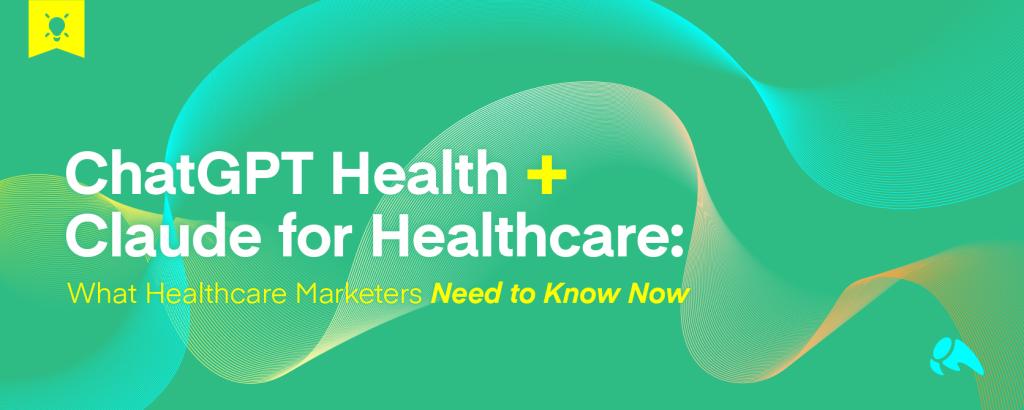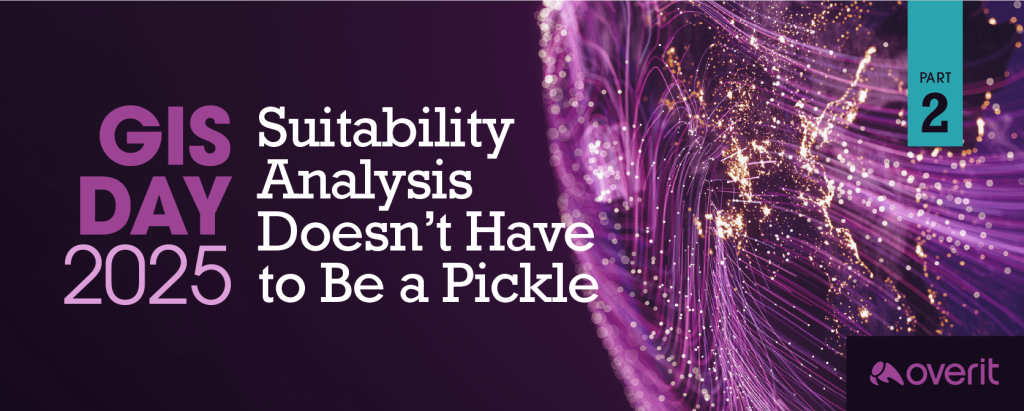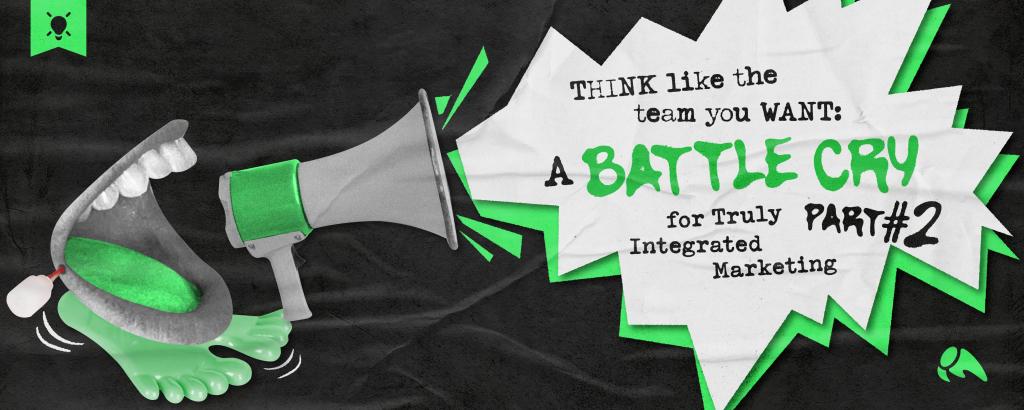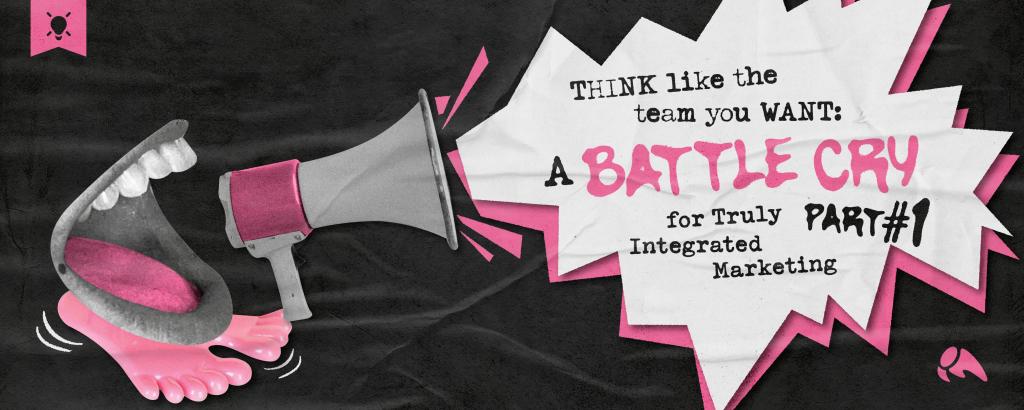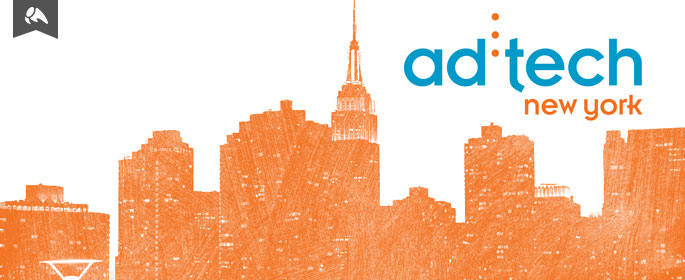
After a snack and device charge, we are back! Next up we’re going to talk about SEO and whether it can still be gamed! SEO is still one of the most prolific and sought after marketing solutions for ecommerce, but does it still work the way it used to? That’s what we’re here to find out.
Kevin Ryan is moderating this session and thanks everyone coming to the only SEO session at Ad:Tech. He says this means our bosses won’t send us to any of the real SEO conferences out there. This makes me laugh. I’m a Kevin Ryan fan. Joining Kevin on this panel are Shreya Kushari and Hamid Saify.
Kevin gets us started: Can we talk about the overabundance discussion about content?
Shreya: First, Shreya wants to talk about the title of this session – can SEO be “gamed.” When we use the word gaming, there’s a negative connotation to it. Shreya says that SEO is more about optimization, not gaming. But, yes we are “gaming” it. Not in a malicious way, but we want users to find us relevant, so Google ranks us, and users find us. As we evolve in the digital space, think of it as audience journeys.
Hamid: He agrees. He goes on to say that Google has always said ” Content is King.” It’s tough for ecommerce retailers to identify what good content is. Search is one of those channels where shifts cause client/agencies to make huge over-adjustments into what they were doing. Like, now everyone is going away from guest blogging because we’ve heard about penalties happening to others. So it’s “dead” and no one wants to touch it. Making those big changes can work against you. Focus on what makes the most sense.
Kevin: The best suggestion is “to do the right thing.” That hasn’t changed.
Hamid says the creative people often need some help understanding the importance of SEO. Showing them data can help but you have to humanize the data. Before we launch a TV spot for Taco Bell, give us those data points and let us test it out on social media and other arenas.
Shreya: Designers have a hard time understanding the importance of SEO. We tell them, “this is beautiful, this is gorgeous, but if nobody can find it who cares?” That gets their attention.
Kevin: Getting back to the gaming thing: every time a big brand gets penalized and it’s public, they used the “oh, we didn’t know the agency was doing this” defense. If you know that there’s a percentage of getting caught, what is the risk vs the reward? Are you making a calculated risk by doing stuff you’re not supposed to? Should you do it?
Shreya: If you’re a big brand, my guess is that it’s not worth it. You have to pay the agency for the PR and all that goes into it. And if you get caught during Q4, that’s the worst time. If Google or Bing come down on it, they’d wait to come down hard on Q4.
Kevin: When Overstock got penalized, we could see all the numbers because its public. We could see they lost X dollars, so they upped their paid search and it even’d out.
Hamid: Your lead to the question – lying about not knowing. He doesn’t think they’re lying. He can see clients not knowing. They may not have someone overseeing search. They don’t have in depth experience in search. He thinks they legitimately don’t know. [I could not disagree with this more. Clients know when their agencies are taking risks. And if they don’t, it’s irresponsibly on their part. Educate yourself. ]
Kevin: If you’re a middle-tier brand, your person on the spam team (if you even have a person…) isn’t calling you to give you a warning. You just get screwed. If you’re a big brand you get warnings. If you’re smaller, you do not.
Shreya: All the changes Google has made are about, “what are the consumers looking for?” If we have those basic tenets in place, more or less, we will be okay, and we’ll grow. And it will help you develop the right content.
Hamid: It’s difficult to get clients to pay attention to search because there isn’t a “shiny new toy” in search with the same frequency as there is in social. It’s more about client management – “this makes sense for my brand and my client.” Clients really like shiny new things all the time.
Kevin: You need the shiny new thing – how do you have those discussions? You’ve got four agencies in the room. There are 100 slides and only the last three slides mention search. By that point, there’s nobody left. You’re left on the conference call by yourself. How do you prioritize? How do you get them to take notice?
Shreya: She tells people, for every dollar you invest, this is what you will receive. That works.
Hamid: It boils down the scare tactics. A lot of times people have no idea how many times people are searching for their brands. We come back and tell them how much they’re leaving on the table by NOT investing in SEO. Another thing he learned was that he needed to position search in a way that is sexier and shinier than the proven performance it can drive. We talk about getting brands on board with testing things like messaging. We think about search as a real-time PR channel. Those two things really help our clients to embrace search.
Kevin: Organic search takes time, but news is fast. He has a client with six PR companies. Not one of them knows how to write an SEO-friendly release, but they do know how to do outreach. Teach them how to speak to the press using the right types of terms.
Kevin: All marketing is a form of deception. If you’re pushing out information through your PR firm, a lot of them are old school. They don’t understand it. The old PR guy is not gonna know how “the Google” works. Give them templates and teach them the language people are using, so when they do press, they’re using the right terms. News is a really effective way to influence negativity.
Kevin: Have any of you definitively proven the value of social signals on SEO?
Shreya: I can’t give you definitive numbers, but it absolutely infuences SEO.
Hamid: He thinks this question in funny. Search is the only channel where we demand “definitive” proof. We don’t do that elsewhere. We should stop in search.
Kevin: He got on a call with the Google+ folks and they explained how every page on his clients’ sites needed to have a Google+ button. They’re not on the call to sell you the merits of the product. Not “should we‘, but how every client is going to do it. That was really telling to him. It’s like Colonel Sanders and his chicken. There’s a secret chemical in there and you’re going to eat it. If that’s not a clear indication we should be paying attention to social signals, I dont know what is.
Kevin: How should you do linkbuilding for Fortune 500 clients?
Shreya: She talks about using social media and bloggers as an anchor to your linkbuilding strategy. True brand ambassadors can really be a clean white hat approach to linkbuilding. It’s more content. It’s not about how many links you have, but the quality of the links.
Hamid: Most of our clients are really enterprise. His real charter with linkbuilding outreach is more on the social side.
Kevin: It used to be that you’d find really cool sites and then you’d send them a link for a backlink. Now you’re getting together with your social team or social agency and you’re doing baseline social analysis. Find the people who are producing great content.
And that’s it! Less than ten minutes til the next session begins. I’ll see you over there!
